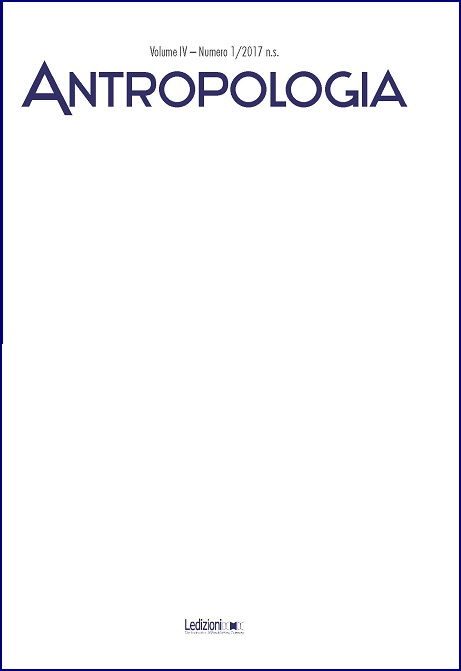State cotton. Exploitation of labor, environment and authoritarianism in post-colonial Uzbekistan
DOI:
https://doi.org/10.14672/ada20171181%25pKeywords:
Uzbekistan, Cotton, Exploitation, Labor, AuthoritarianismAbstract
This article presents a historical and anthropological analysis of some
socio-political dynamics related to cotton production in the Republic
of Uzbekistan. The goal is to analyse how labor exploitation, and
particularly the exploitation of land workers, is strictly intertwined
with specific power centralization policies and directly legitimated
by State authority, thus emerging as an institutionalized or
productive exploitation (Viti 2007:256). The article will also explore
how this exploitation is deeply connected to environmental
impoverishment. Cotton industry is the context where particular
forms of enslavement are reproduced through the use of laws and
executive power, the control of land and market prices, the
elaboration of state’s propaganda, the limitation and control of
individual liberties.
Downloads
Published
Issue
Section
License
Authors maintain the copyright of their original work and grant the Journal the right to first publication, licensed after 36 months under a Creative Commons Licence – Attribution, which allows others to share the work by indicating the authorship and first publication in this journal.
Authors may agree to other non-exclusive licence agreements for the distribution of versions of their published work (for example in institutional archives or monographs) under the condition that they indicate that their work was first published in this journal.



